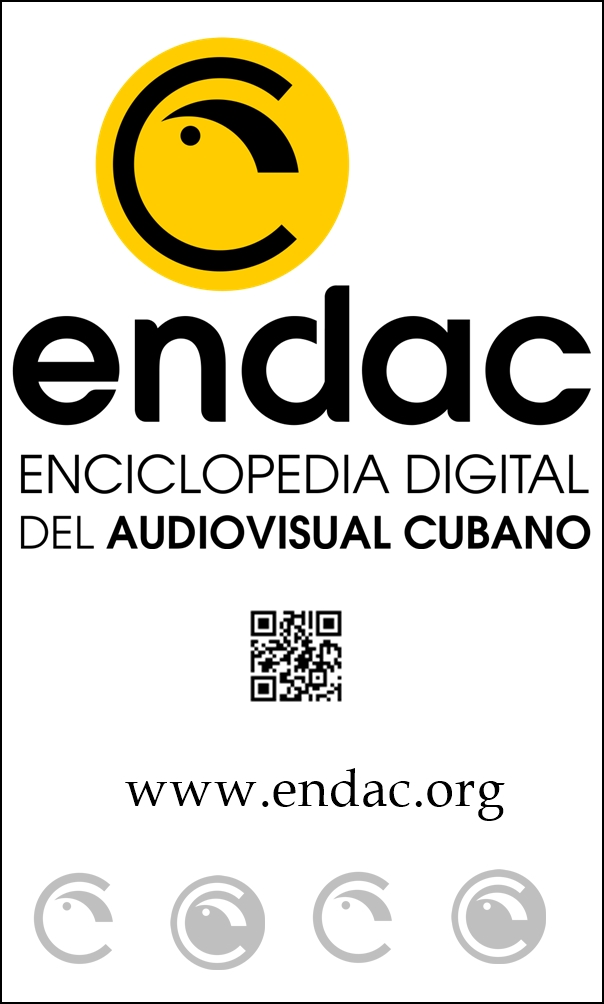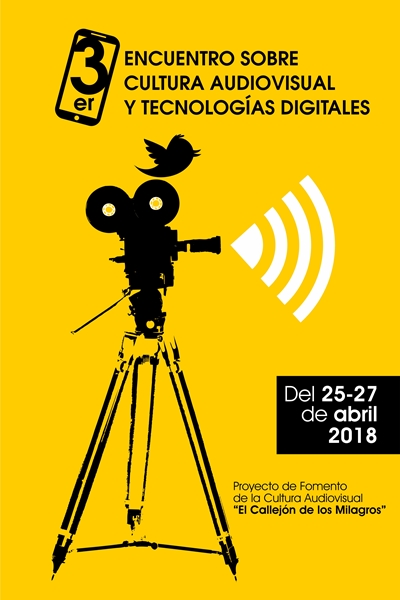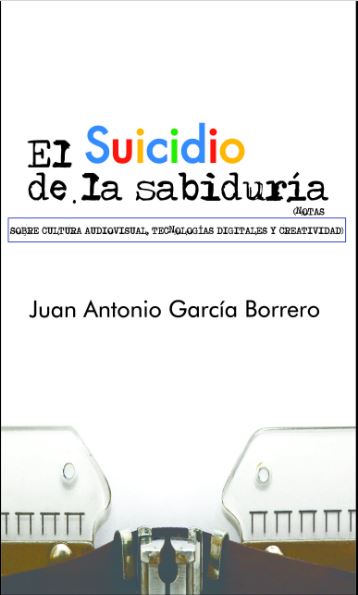Archivos diarios: febrero 7, 2018
CINE CUBANO DE LOS SESENTA EN WALKER ART CENTER
Aquí les comparto el link (https://walkerart.org/magazine/cincine-cinema-of-the-sixty-from-myth-to-reality) donde podrán encontrar información sobre el ciclo “Cuban Cinema of the Sixties: From Myth to Reality” organizado por el Walker Art Center. Me ha dado mucho gusto poder compartir ideas con Michael Chanan, Gustavo Arcos Fernández-Britto, Oneyda González, Dean Luis Reyes, y Alejandro Veciana, sobre un tema que, seguramente, seguirá estimulando nuestros enriquecedores desacuerdos.
Para empezar, lo de “Adiós, Utopía” me parece una muestra demasiado rotunda de optimismo o pesimismo (depende de qué se quiera enfatizar con eso). Como escribí en un ensayo que en su momento animó algunas polémicas (La utopía confiscada), la utopía puede ser confiscada, pero no anulada. Los seres humanos llevamos el pensamiento utópico en vena, y tarde o temprano, cuando ya todo parecía perdido, en medio de la mayor oscuridad, vuelve a mostrarse en su esplendor.
JAGB
As a complement to the exhibition Adiós Utopia: Dreams and Deceptions in Cuban Art Since 1950, the Walker Moving Image department has curated Cinema Revolution: Cuba, a series of four classic Cuban films by filmmakers who gained international recognition soon after the formation of Castro’s revolutionary ICAIC (the Instituto Cubano del Arte e Industria Cinematográficos). To spark conversation about their impact today, we invited six experts on Cuban film—Juan Antonio García Borrero, Michael Chanan, Gustavo Arcos Fernández-Britto, Oneyda González, Dean Luis Reyes, and Alejandro Veciana—to respond to the question: How is revolutionary Cuban Cinema still revolutionary today?
In their essays, presented when possible in both English and Spanish, they cover key considerations—including the innovations in form, technique, and style that are still admired or emulated today; the impact of these ’60s-era films on young people in Cuba today; its influence on today’s generation of artists; and the relevance of this work for audiences outside of Cuba. In the series’ third installment, Juan Antonio García Borrero, an author and member of the Cuban Association of the Cinematic Press based in Cuba, focuses on the ideologies that define a “revolutionary cinema” and the anxieties surrounding “nationalist cinema” in response to our prompt. (para seguir leyendo, pinche aquí)





